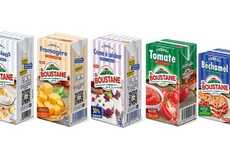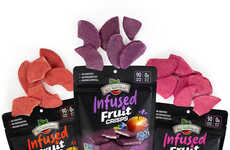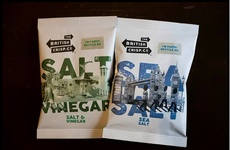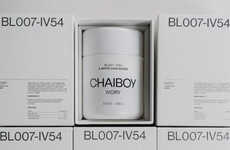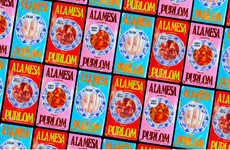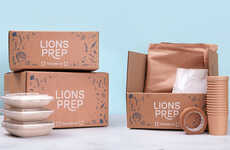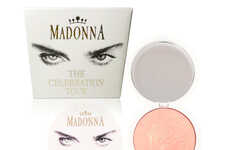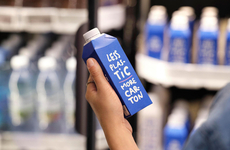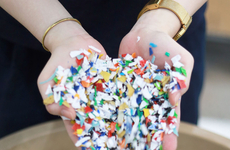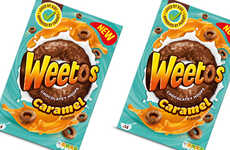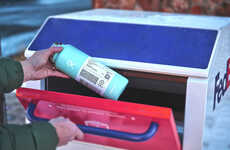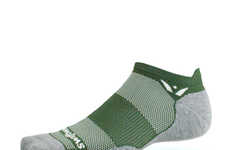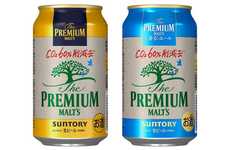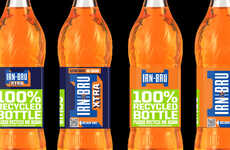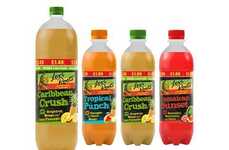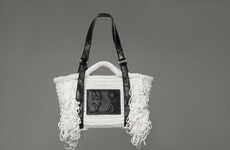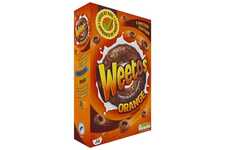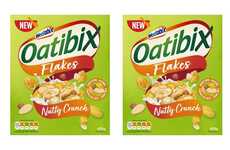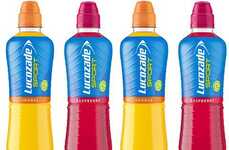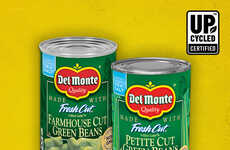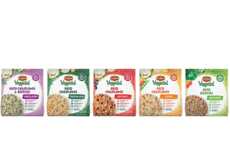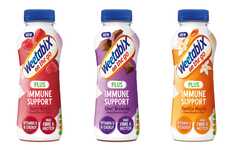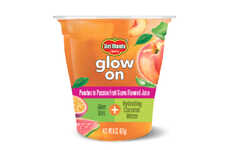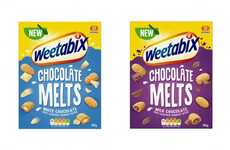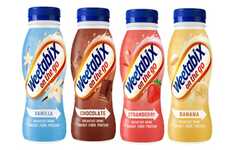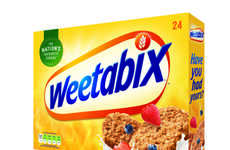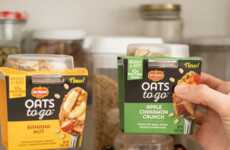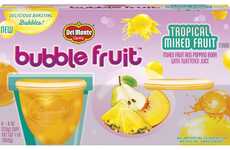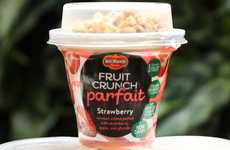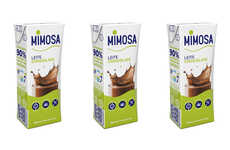
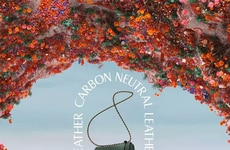

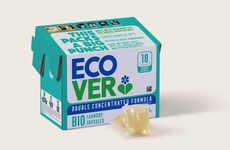
Carbon-neutral packaging becomes a priority for eco-focused brands
Trend - Brands that offer products with no carbon impact have to consider how these products will be packaged and/or delivered in order to fulfill their claims. Now, more carbon-neutral (or positive) packaging options are becoming available as the move towards sustainability becomes more urgent.
Insight - Not long ago, "green" branding and unclear environmental claims on products were the norm. With more access to information than ever before, and in seeing how the climate crisis is accelerating, consumers have become more discerning when it comes to eco branding claims that don't have measurable impact. Now, brands are having to consider the environmental impact of their entire production cycles if they want to authentically claim sustainability to today's more critical consumer.
Insight - Not long ago, "green" branding and unclear environmental claims on products were the norm. With more access to information than ever before, and in seeing how the climate crisis is accelerating, consumers have become more discerning when it comes to eco branding claims that don't have measurable impact. Now, brands are having to consider the environmental impact of their entire production cycles if they want to authentically claim sustainability to today's more critical consumer.
Workshop Question - How could your brand better prioritize sustainability with measurable impact?
Trend Themes
1. Carbon-neutral Packaging - As the move towards sustainability becomes more urgent, brands now have more carbon-neutral packaging options available to fulfill claims of offering products with no carbon impact.
2. Net-zero Carbon Emissions - Businesses are increasingly committing to being net-zero by using carbon-offset algorithms and by setting ambitious goals, from achieving net-zero by 2035 for luxury fashion label Mulberry to becoming net-zero by 2050 for food producer Del Monte.
3. Upcycling of Food Waste - Del Monte's Upcycled Certified products, Boost Me Fruit Infusions and Del Monte Gut Love, show the brand's ongoing efforts to achieve net-zero carbon emissions by 2050 by redirecting approximately 130,000 pounds of pineapple juice each year from food waste and reducing greenhouse gas emissions.
Industry Implications
1. Sustainable Packaging - Companies in this industry can focus on developing carbon-neutral or net-zero carbon emissions packaging solutions to target eco-conscious consumers and reduce their environmental impact.
2. Fashion - The fashion industry can innovate by setting ambitious goals, such as Mulberry's aim to become net-zero by 2035, and by adopting sustainable practices, such as upcycling waste into new products.
3. Food and Beverage - In the food and beverage industry, companies can reduce food waste, develop upcycling solutions, use sustainable packaging, and commit to being net-zero carbon emissions by setting ambitious goals, such as Del Monte's aim to achieve net-zero by 2050.
7 Featured, 63 Examples:
77,936 Total Clicks
Date Range:
Apr 22 — Apr 24
Trending:
Warm
Consumer Insight Topics:



